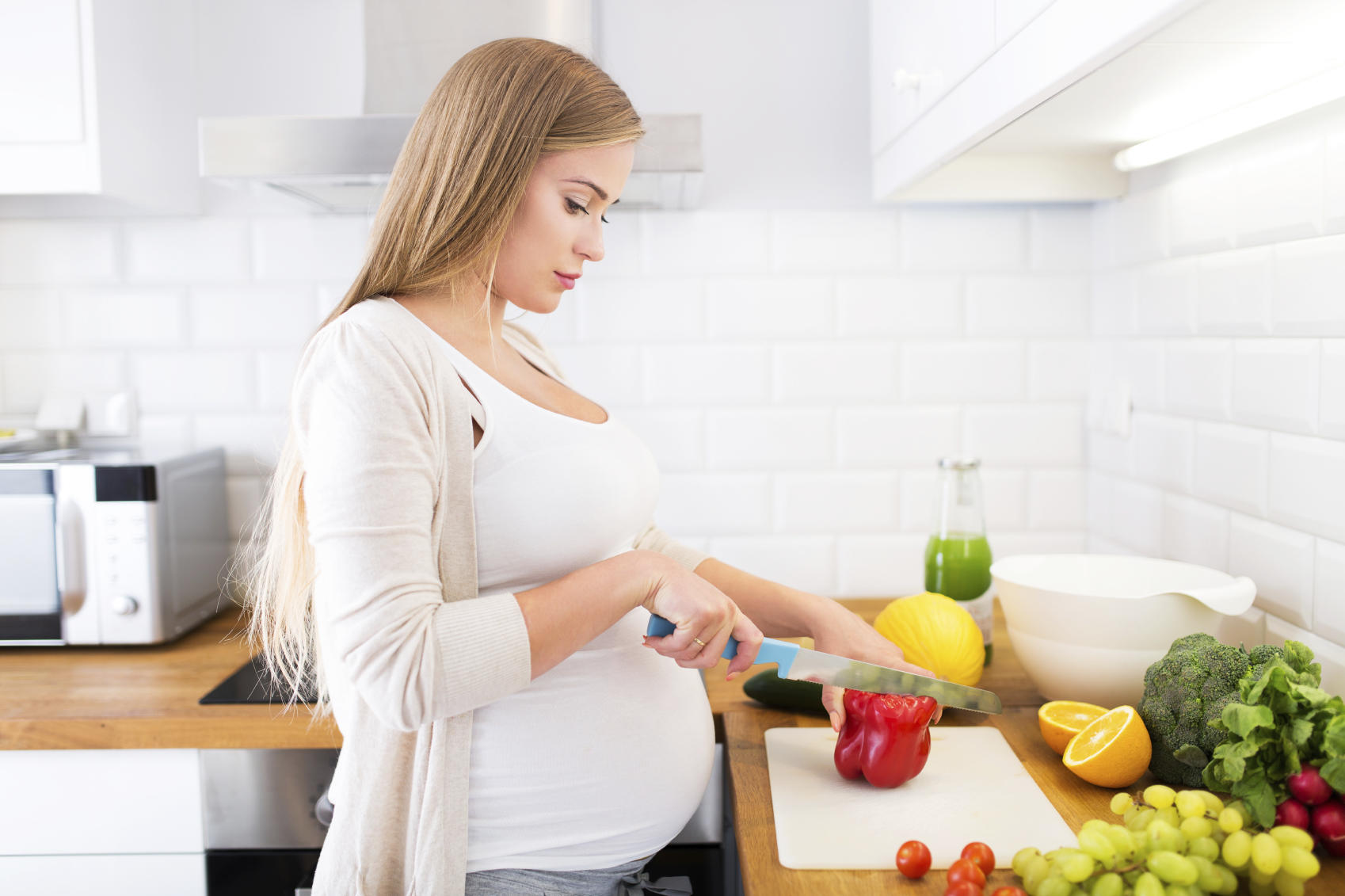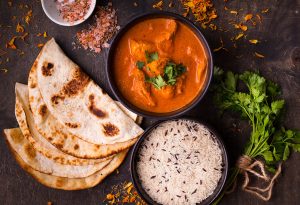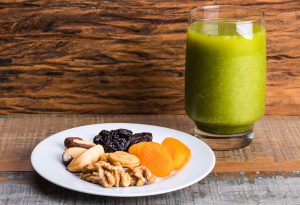Pregnancy is a crucial period in a woman’s life and comes with lots of do’s and don’ts. You shall face a lot of hormonal changes in your body which can affect your mood swings, appetite, and body metabolism. Most women feel nauseous during pregnancy, which affects their diet and health. It is necessary that your meals contain iron, calcium, folic acid, and vitamins. The Indian diet chart during pregnancy described below is high in nutrition and will keep you energetic throughout the day.
Pregnancy Diet Plan
Your baby acquires essential nutrients from you. Hence, it is important that you take good care of your health and switch to a balanced diet. Excessive weight gain or loss during your pregnancy is another cause for concern and a balanced pregnancy diet chart ensures that you’re getting the required nutrients every day. Read on for a diet chart for a pregnant lady that is rich in nutrition and will help in gaining the right weight.
Dietary Guidelines for Pregnant Women
A woman who is pregnant or plans to get pregnant should start having proper nourishment right away. You can follow a 3-month pregnancy diet chart from the beginning, as it will help in building nutrition reserve that will supplement the growing baby right from conception. Eating healthy will provide you with essential nutrients that will strengthen your body and immune system, and enhance your metabolism. Before you follow a certain diet plan for pregnancy, it is recommended that you consult your gynaecologist. Here are a few guidelines to follow when you are on a pregnancy diet:
- Keep yourself hydrated through the day and drink as much water or juice as you can, at frequent intervals
- Consume foods prepared with whole grains such as jowar,nachni, oats, barley recipes.
- Consume fresh fruits and vegetables
- Reduce the intake of sugar and sweet dishes to avoid chances of getting gestational diabetes
- Avoid drinking alcohol and packaged juices, and steer clear of fried foods.
- Apart from eating healthy, take the necessary supplements for iron, calcium, folic acid and vitamins, as suggested by your doctor. These help to avoid the possibility of neural tube defects affecting the baby and assist in the development of the brain and other organs
- Essential fats like Omega 3 fats are essential for the body. SOurces of them are fish oils, walnuts, flax seeds
Early Morning
Morning sickness is part and parcel of pregnancy. Foods like lemon water with ginger, coconut water, or foods like dry biscuits help relieve morning sickness. Salads and curd help ease constipation and heartburn.

Breakfast
Breakfast is the most essential meal of the day, and it is mandatory for expecting women. Skipping breakfast can make you feel tired and lethargic. This is because you have been hungry during the night and that causes your blood sugar level to drop. You can start your day with nutritious breakfast as indicated below:
- 1 bowl of oatmeal, fresh fruits nuts, and a glass of milk – These have important vitamins and fibre.
- 1 plate rava upma or poha or vermicelli with eggs or vegetables such as sprouts – These nourish you with multi nutrients and fibre.-
- 2 chapatis and an omelette.-
- A vegetable omelette or vegetable sandwich with cheese – the best source of proteins
- 2 parathas with fillings of dal, potatoes, carrots, spinach or mixed veggies with curd – these provide fibre, calcium and vitamins.
Lunch
Make the most of your lunchtime, and eat a balanced meal. You can choose from an array of dishes using pulses, dals, cereals, whole grains, nuts and fresh vegetables. These will provide you with the right amount of vitamins, fibre, and minerals. Use only healthy oils like rice bran oil, coconut oil, ghee, or olive oil for cooking. You may have salads or a bowl of soup made of vegetables as a pre-lunch snack. If you eat non-vegetarian food, you could include chicken and fish as they will provide a good amount of proteins, omega-3 and healthy fats. They also help in forming red blood cells.

Here are a few meal ideas:
- 2 rotis with dal, a bowl of curd and chicken or vegetable curry like mix veg, kofta, paneer and other vegetables. –
- Any rice dish like chicken/egg or jeera and pea rice, vegetable rice, khichdi or lemon rice with raita or plain curd rice.
- 1 bowl of chicken curry with vegetables, roti and rice.
- 1 bowl of palak paneer with roti or rice. Spinach is rich in folic acid and iron and is perfect for pregnant women. Vitamin C improves iron absorption, so add a dash of lemon to palak.
Snacks
It is common to have frequent hunger pangs when you are pregnant. You have a life growing within you and your body is working day and night. You will definitely require more energy and hence more food. So, you should make it a habit to eat small frequent meals rather than 3 big meals. Here are some snack ideas for the evening.
- Have fresh fruits or a fruit smoothie.
- Munch a handful of walnuts, almonds or dates.
- Vegetable or spinach idlis are filling and healthy.
- Multi-grain bread or khakhra or bhakri are tasty and nutritious.
- Carrot or lauki halwa made with jaggery or less sugar can help satiate that sweet tooth.
- Daliya or uttapam with vegetables is a complete mini-meal.
- Roasted chana, peanuts and dates are high in fibre and are a suitable cure for constipation.

Dinner
It is recommended that you keep your dinner light and eat early. This healthy habit will aid in proper digestion of food and help you have a good night’s sleep. For dinner, you can repeat the ideas from lunch. Some more ideas for your dinner include:
- Roti with dal, any vegetable of your choice, salad, and curd.
- Vegetable pulao or chicken rice with vegetable raita.
- Vegetable, cheese, paneer, or egg paratha with buttermilk.
- Jowar/ bajra roti with ghee, dal/ chicken curry/ vegetables, and raita – these grains are easy to digest.
- Mixed dal khichdi with vegetable curry and bowl of curd.
Pick a diet that packs the best nutrients for you and your baby. Do make sure you consult your gynaecologist or nutritionist before following any specific diet so that you have a healthy pregnancy.











